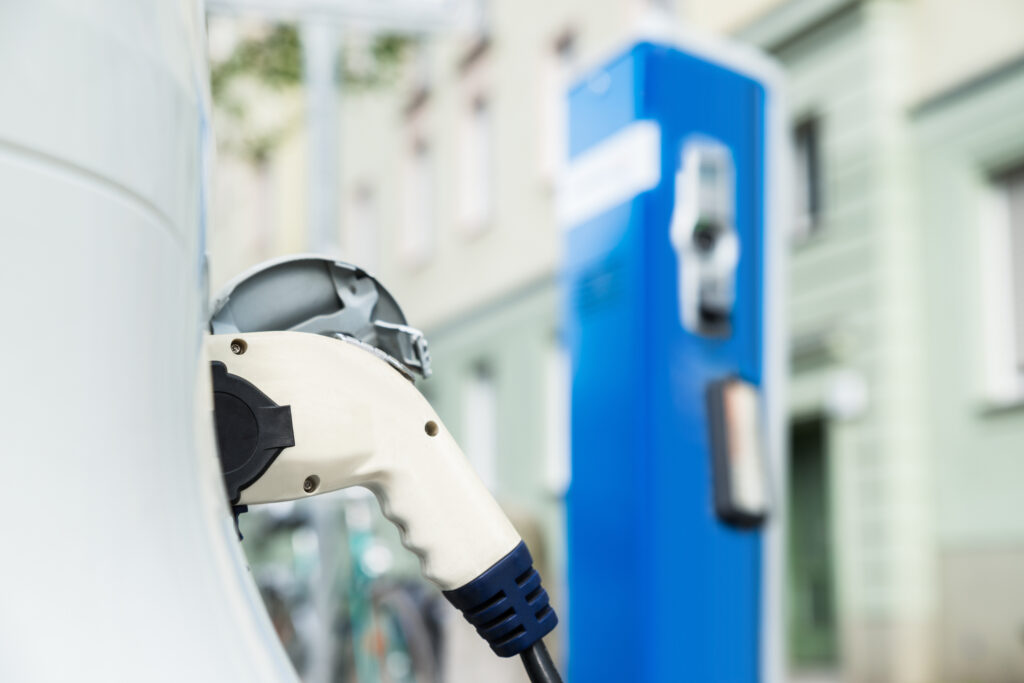Network operators shouldn’t necessarily be in the driving seat of the transition to electric vehicles, but should be at least be sat in the front, one of the UK’s DNOs has said.
This week’s EV Infrastructure Summit, organised by Current± publisher Solar Media, featured a panel debate discussing the role in which distribution network operators should play in facilitating EV adoption.
Speaking on that panel was Ian Cameron, head of innovation at UK Power Networks, who revealed that while electric vehicles were responsible for about 20% of his remit, they took up 80% of his time, providing an insight into the levels of interest and discussion surrounding EV infrastructure at present.
But while conceding that DNOs should not be driving the EV transition, Cameron said that they should be granted a front seat role and will be pivotal in enabling the electrification of the UK’s car fleet.
He went on to stress that the biggest challenge DNOs faced with regards to electric vehicles is identifying potential choke areas in where uptake of EVs would be strong, therefore placing greater strain on local grids.
This view was reinforced by SP Energy Networks’ Jim McOmish, who said the pervasive nature of electric vehicles and the potential for them to spread via word of mouth recommendations between friends and neighbours, increased the risk of “pockets of network capacity filling up quickly”.
McOmish said this could be eased by deeper understanding of EV purchasing behaviours and enhanced monitoring, which would in turn be eased by allowing DNOs to access smart metering data – an area of debate which also raged this week.
Discussion quickly moved on however to the notion of network operators being allowed to own and operate EV infrastructure, a conversation bearing distinct similarities to the one surrounding some network companies and their bid to own battery storage facilities to provide flexibility services.
Ofgem’s view is similar – that DNOs should not be allowed to own and operate EV infrastructure so as not to distort the market – but McOmish said he did not necessarily agree.
“There’s a role to play [for DNOs] where the commercial model fails,” McOmish said, pointing to the potential for network operators to install charge points in rural areas that would not have otherwise made commercial sense for the private sector to do so.






